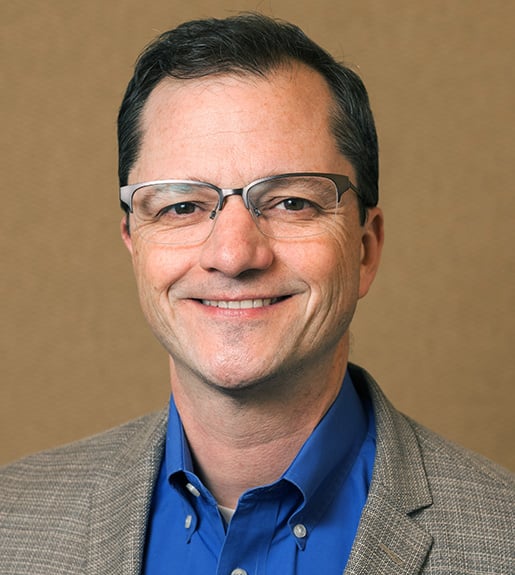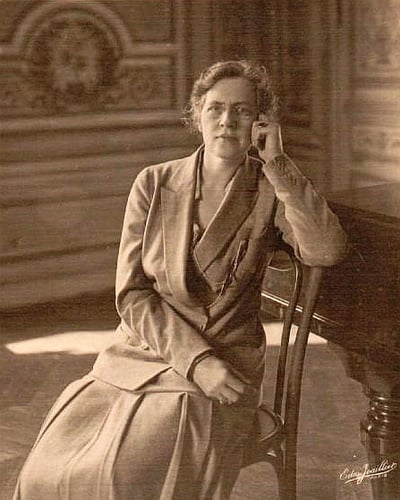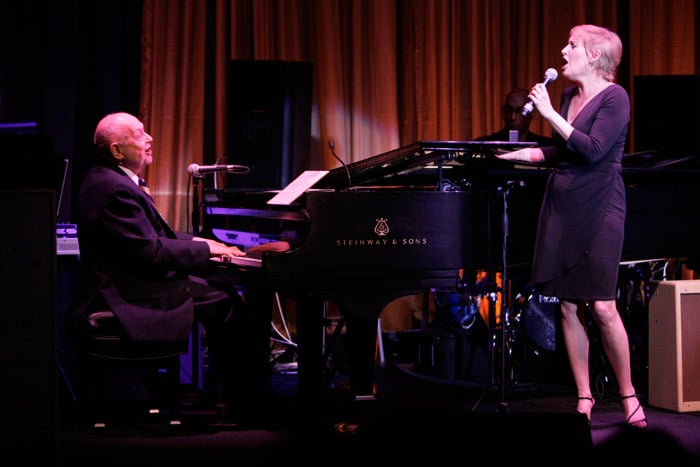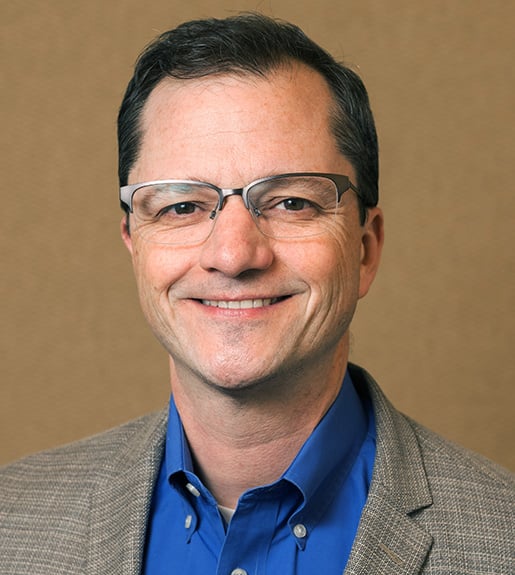Arts and Culture
Article
The Culturephiles
d033df73-9291-4335-821f-d60ff41c56c4
4 min
https://edge.sitecorecloud.io/tessituraneab9a-tessiturane5642-staging-5396/media/Images/Discover-Images/Andrew-Blog/Featured-Media-Images/Nadia-Boulanger-768x465.jpg?h=465&iar=0&w=768
What Nadia Boulanger and Charles Strouse tell us about what we can each contribute to the world
Teatime of the Soul

President & CEO, Tessitura
Teatime of the Soul
8/30/2018
4 min
“Is what I’m doing in the world making a difference?”
I suspect we all ask ourselves this question from time to time, especially in our more insecure moments. Those times that Douglas Adams referred to as “The Long Dark Teatime of the Soul.” I know this teatime sneaks up on me from time to time. For me it is most acute when I hear a story about a firefighter saving a family, a team of doctors flying into the middle of a third-world epidemic, or a scientist curing a disease. “Why am I working in arts and culture when there are so many other ways to help the world?”
Then I take a slow deep breath and remind myself that I need to ask a different question. With a paraphrased hat tip to Greg McKeown’s book Essentialism, the more important question is this: “What does the world need right now that I am passionate about and really good at?”
That is a far more useful question than just “What does the world need right now?” on its own. Me curing disease? I got a solid C in chemistry. Me as a doctor? I pass out at the sight of blood. But give me an idea to communicate about culture, or a project to lead, and I’m confident they will go well. The world doesn’t need a bunch of C-student chemists or fainting doctors, but it does need people with many other talents and passions.
There is a wonderful story that illustrates this concept — the importance of matching what the world needs with your unique talent.
What do Aaron Copland, Phillip Glass and Quincy Jones all have in common? Nadia Boulanger. If you’ve never heard of her, you aren’t alone —she is the unsung hero in the pantheon of music composition of the past 100 years. And yet, this French composer and educator was a giant. She taught and advised those three composers, along with scores of other famous-before-they-were-famous composers throughout a seventy-year span. Her talent as a teacher of composition wasn’t so much “put this note here, and make that section faster.” It was much more conceptual. Drawing out, challenging, and illuminating the individual musical voices of these young composers. Helping them become them. She once told Quincy Jones, “Your music can never be more or less than you are as a human being.”

Nadia Boulanger, 1925.
Another famous pupil of Nadia Boulanger was Charles Strouse. I once heard him give a radio interview about his time with her, and it has stayed with me for years. At the time he sought her out in Paris, he had graduated from the prestigious Eastman School of Music. Strouse was intending a career as the next Copland or Stravinsky — great classical composers of the 20th century. And yet, he was having some trouble being taken seriously in that hallowed profession. He looked to Boulanger to help him focus.
Her process with a new student was to have them sit at the piano and play every single thing they had written, which he did for many hours. When he was exhausted and out of music, he expressed his hope that she could mold him into a fine classical composer. But having digested his entire body of work, she could see that his path was not the concert hall. “You have a talent for writing light music,” she said. No one had ever told him that before.
And so she took him on as a pupil, focused his energy on “light” music, and he went on to write songs and musicals that most of us would know. The musicals Annie, Bye Bye Birdie, and plenty more. The opening song from Archie Bunker’s “All in the Family” and an amazing output of earworms and toe tappers. He could have been the Stravinsky no one had ever heard of, but Boulanger saw his true path, and he ended up making millions of people happy with his “light” music. He helped people Put on a Happy Face (yep, he wrote that too).

Charles Strouse and Liz Calloway perform “Tomorrow” at the 2013 ASCAP “We Write the Songs” concert, hosted by the Library of Congress in the Coolidge Auditorium. Photo by Abby Brack Lewis.
In this comparison, I am not for a moment suggesting that Arts and Culture is “light.” In fact, so much of what we do is quite the opposite. Rather, I think it is a nice reminder that What the World Needs Right Now is not one million second-rate Stravinskys. It needs a first-rate each of us. The world is better because of Strouse’s work. He has lightened many souls during a dark teatime.
Equally, the world doesn’t need a million second-rate fire fighters, but it does need first-rate arts and culture. And for first-rate arts and culture to thrive, it needs first-rate cultural professionals.
What does the world need right now that you are passionate about and really good at? Think about Charles Strouse. If you are trying to be a second rate Stravinsky, what would Nadia Boulanger say was your first rate talent? Use her technique. She had Strouse play every single work he had ever written. For your version of this, write down every single thing you’ve worked on in the past month. Then put a check mark by those things that you are really good at and make you energized or happy.
See any patterns? And do any of these things help the world? This exercise may take some time, and don’t feel bad if it does. As Abraham Maslow once said, “It isn’t normal to know what we want. It is a rare and difficult psychological achievement.” But keep at it. You may not figure it all out right now. You may not figure it all out tonight. But you just might figure it out tomorrow. And the thing about tomorrow? It’s only a day away.
P.S. For an extended riff on this topic, check out the talk I gave at the Tessitura Learning & Community Conference (TLCC) in July 2018 – Connecting the Dots.
Top image: Nadia Boulanger and her class, Paris, 1923, https://www.loc.gov/item/copland.phot0094/.
Topics
Arts & Culture
